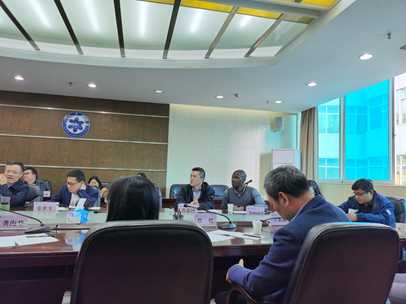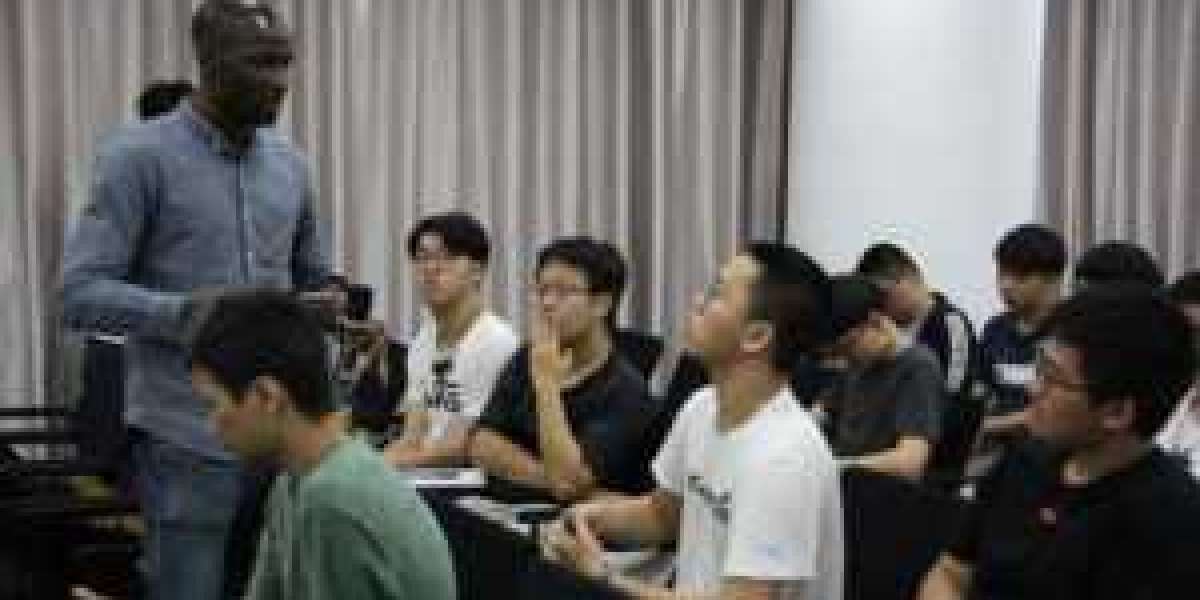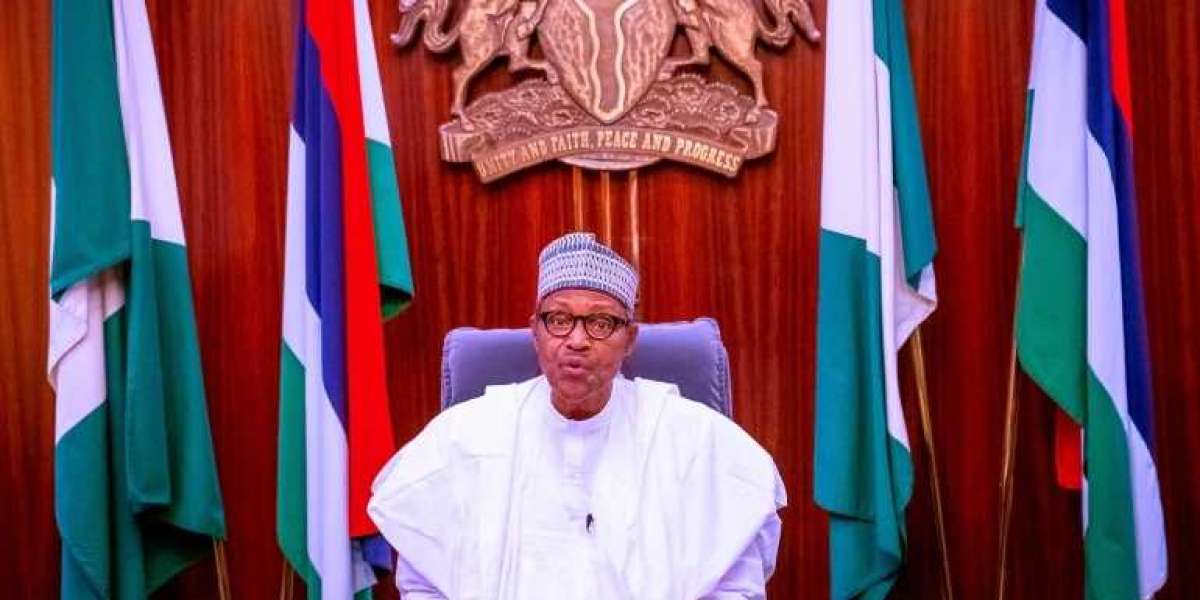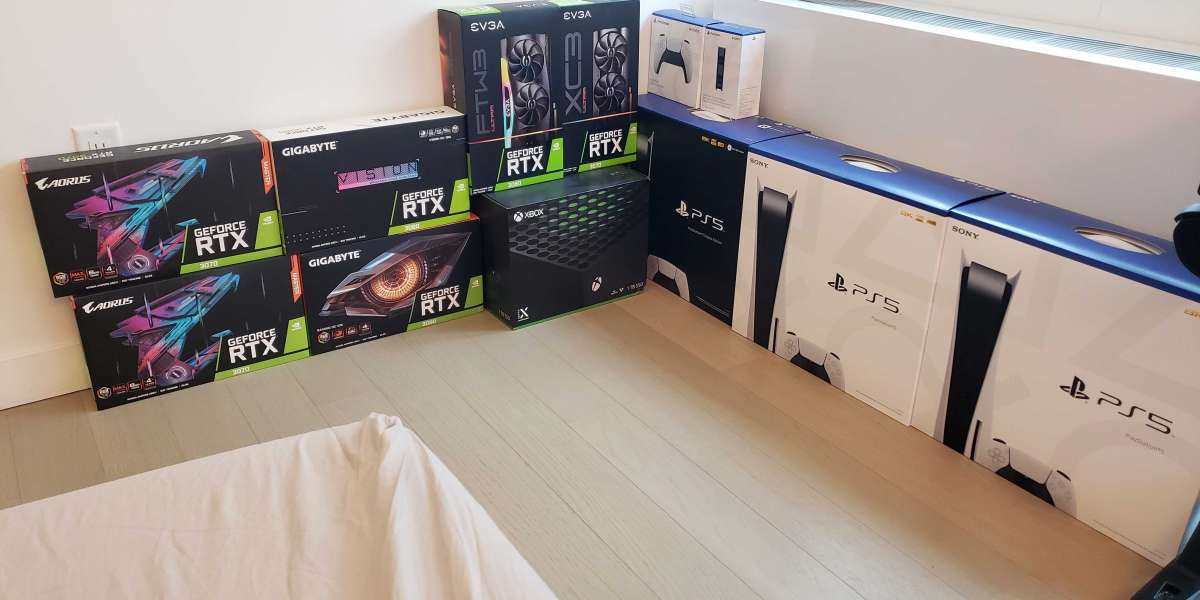On behalf of Nigerians in Diaspora Organization (NIDO) China, it gives me immense pleasure to welcome you to our monthly publication.
The aim of this publication is to provide our readers which include Nigerians and foreigners to know more about Nigeria; Nigerians in China; create a vibrant Diaspora community; and provide a platform to showcase and project Nigeria.
This is the first edition of the publication. It will showcase personality, businesses, birthday of the month and many more interesting events and topics.
This publication is an initiative of NIDO China. It is not the outcome of the effort put in by an individual, but it is the immense effort put forward by the Media Committee of NIDO China led by Mr. Chukwuka Raphael and Mr. Adeola Lambo. We apologize for shortcomings and hope you will cherish our efforts.
Until next month-Happy reading and enjoy the publication.
For NiDO China
Barr. Justina Obaoye-Ajala
Acting President, NiDO China
THE PERSONALITY
Prof. Oluwarotimi Williams Samuel
Nigerians are great, hardworking and incredible! Those were his exact words when NIDO-China Media asked him what he thought of Nigerians. Prof. Samuel, a dutiful Nigerian scholar at the Shenzhen Institute of Advanced Technology Chinese Academy of Sciences, came to China in 2014 for his Doctorate, graduated in 2017 and worked as a post doctoral researcher after which he was promoted to the rank of an Associate Professor.
- We already know who you are, but we still want to hear it from you, tell us about yourself.
My name is Oluwarotimi Williams Samuel. I hail from Yagba-Eastlocal government area of Kogi state, Nigeria. I am married to Mojisola Grace Samuel and she is currently a third year Ph.D. student at the University of Chinese Academy of Sciences, Shenzhen campus. So far, we are blessed with two adorable children . I got my first degree in 2008 from the Department of Computer Science, Kogi State University, Nigeria and had my National Youth Service Corp program in Kano State, Nigeria, during which I served as a Faculty in Aptech Computer Education. Immediately after my Youth Service in 2010, I was employed by HIIT Plc in Kano, and later moved down to Akure in Ondo State to take up a job offer at HTRDG Ltd . While working in HTRDG Ltd, I enrolled for amaster’s degree programin Computer Science at the Federal University of Technology Akure (FUTA), which commenced in January,2011 and was completed in April 2014. In the process of completing my master’s degree program, I got a job with the State Information Technology Agency in Akure, Ondo State in January 2014. Shortly after the completion of my masters program in FUTA (precisely is June 2014), I got a scholarship to pursue my PhD degree in Pattern Recognition and Intelligent systems at the University of Chinese Academy of Sciences, Beijing, China, courtesy of Chinese Academy of Sciences in conjunction with the World Academy of Sciences(CAS – TWAS)
2. How long have you been in China and what has it been like? And what motivated you to come to China?
To be precise, I came to China on the 4th of September, 2014. On arrrival at the University of Chinese Academy of Sciences in Beijing, I and other colleagues on the same PhD scholarship program were quarantined for 3 weeks because of the Ebola virus epidemic in a number of west African countries including Nigeria. Our movements were restricted but after the quarantine period I commenced with my course work from that time till around January 2015 when It was completed. Thereafter, I left Beijing and came to my host institute in Shenzhen (Shenzhen Institute of Advanced Technology) to commence my research work under thesupervision of Professor Li. Guanglin.

In November 2017, I had my Ph.D. dissertation defense and obtained my certificate in January 2018. Afterwards, I got a two-year post doctoral research position, beginning from January 2018 and I was promoted to the rank of an Associate Professor shortly before completing the post-doctoral research programme. Presently, I am an Associate Profesor with the Center for Neural Engineering, Shenzhen Institutes of Advanced Technology, Chinese Academy of Science
On what motivated me to come to China, I would say the scholarship offer I got and the reputation of the Chinese Academy of Science, which happens to be amongst the most prestigious research and educational institutions in China. More so, I did apply for a number of scholarships around the time I was about to complete my master’s degree program and some how, the one in China came through first and I decided to embrace it.
3. Can you introduce your profession? Also, tell us about the value your work contributes to the society?
My work majorly centers around scientific research and teaching. My research focus: Upper extremity (UE) motor function loss places a huge burden on amputees and stroke-survivors and thus restrict them from full utilization of their potentials during activities of daily living. Re-integrating these category of individual into the society would require the use of intelligently driven rehabilitation devices. In this direction, my research focuses on exploring the mechanism underlying UE biomechanics and developing advanced computational methods that seamlessly decode UE movement intents from biological signals to provide control commands that powers such rehabilitation robotic systems. In addition, I also focus on developing clinical decision support systems driven by computationally intelligent techniques to aid efficient diagnoses of certain diseases including heart failure risks, typhoid fever, and tuberculosis, among others. Though my background is computer science, but right now Imajor on the application of Computing and Artificial Intelligence to Medicine, that is applying computing techniques towards providing solutions to medically inclined problems. In summary, I am now working in the domain that is broadly called biomedical engineering.
4.
Are there some challenges you faced when you came to China? How did you overcome those challenges?
Actually, when I arrived China about five and a half years ago, the language barrier was one of the major challenges, particularly regarding daily life interaction with the people around me. However my understanding of the language grew over time and with the help of language translation applications, I was able to improve my communicate with those around especially the Chinese as it pertains to buying of items in small stores and supermakets.Some of the experiences I had due to lack of proper communication and understanding of the language includes buying a cream thinking it was a soap. Another instance was when a shopkeeper at a supermarket gave me soap instead of cream after I told her I wanted a cream.These happened in Beijing and also a few times after I relocated to Shenzhen. As time goes by, things got better, thanks to translation apps. The goodnews about these apps is that from time to time their functionalities keep improving. if you are conversant with any of them, you’ll understanding what am saying. Many of the apps now integrate better features that makes translation easier and more accurate, and as well convinent to use compared to five years ago when I first arrived China. I must also say that some of my Chinese friends were also very helpful most especially when we go out to buy groceries or for shopping in the malls. Another challenge was the food, in the first week of my arrival, I was eating only bread, plain rice and soft drinks because I was not used to the Chinese foods. However, gradually I began to eat Chinese meal and presently it is much better now. Similarly, the study/research pattern here was also a big challenge for me because when I was in Beijing I could easily read for my course work but on getting to Shenzhen, I needed to do research that is different from the usual approach I was used to before coming to China. Initially when I arrived Shenzhen, I was the only black person in my Institute althought there were few foreigners I could relate with but we are not in the same field of study. Therefore communication with people in my research team was relatively challenging as at then too. Futher I attended research group meetings were most of the discussions are in Chinese and that was also challenging to me but helpful in some ways (particularly in aiding my language skill).
Which firm do you work with presently and a brief about the nature of your work?
I am presently an employee of the Shenzhen Institutes of Advanced Technology, Chinese Academy of Science. Like I said earlier, my research focuses on upper limb rehabilitation robotic systems, and I mainly develop intelligent algorithms that provides control inputs to the devices. These algorithms are aften tested within my research team and also by our colloborators from the academia and industries. Thereafter, I receive feedback from them on the performance and perhaps limitations, which provides me and my team with relevant information for improving the overall performance of the algorithms. Aside my current work, I also do other personal things too and plans are on the way to get them established in the near future because I don’t hope to work just as an academic or doing only research in the long-run.
What three words would you say are synonymous with being a Nigerian?
Nigerians are Great people, Nigeria has unquantifiable human and natural resources. If only the proper orientation is given to our leaders, they can lead Nigeria to becomea prominent country in the world. Nigerians are hardworking. A lot of Nigerians all over the world are doing incredible things. If we bring all the Nigerians experts across the globe, they will create wonders. Nigerians are great, hardworking and incredible.
How do you get to know NIDO China?
I heard about NIDO China sometime ago from colleagues and later I was contacted by Barr Justina who is currently the acting President to assist in contributing to some of NIDO China’s initiatives. She introduced me to NIDO South because I live in the southern part of China and further briefed on several good initiatives/projects that she hopes to see NIDO actualize in the near future, which were all amazing to me.
What do you think about NIDO China?
I think NIDO China is an organization that provides a platform that connect Nigerians for valuable resource/information sharing that can provide help to Nigerians (Both Nigerians abroad and thos at home)in times of needNIDO China is I found out that the NIDO China ideas are things that are worth doing and a lot of projects are being done by NIDO, for example, the idea of organizing webinars couldhelp a lot of people succeed in their endearvors, and its initiativewouldbeinstrumental to the success of a lot Nigerians. I like to associate with progressive and positive ventures. I’m also amazed by the set of people working with NIDO, the strong synergy, the high level of understanding and unity is unusual and very motivating. The level of commitment I see here is rare and I know it will be excellent in the coming years.
In your opinion, how do you think one can achieve personal values and career goals?
Firstly, every persons should know and believe that God created us with potentials. Knowing this fact, people can define their goals, plan and decide what they want to achieve with these potentials. To achieve these goals I think one needs to be focused because it will spur one to keep searching and improving oneself. Also, there is need for one to work hardand at the same time be smart with it.That is doing things at the right time and adequately is being smart-working, and perhaps preparing ahead. Patience and being truthful to oneself is very essential and never compare yourself with others in the bid to compete with them.
What is your life motto?
Make the world a better place for all
Is there any keyword you would like to hear from others who evaluate you?
I will like to be evaluated objectively, just say it exactly the way it is. I believe that the outcome of every evaluation/assessment has the potential to help one improve. As long as the assessment is objective, I’m always ready to learn in order to become a better person. For instance, I equally like to evaluate others based on a fiar and obejective standard. And as well tell them the truth regardless of the outcome of my assessment. Just say it the way it is, if it is not appreciated now, it will be appreciated someday in the futureIn this era of rapid development, how do you improve your knowledge and skills?
Naturally, learning new things takes time and energy, so most of us prefer to stick with old ideas and ways of doing things. Personally, I believe that continuous learning improves us and help to reshape all aspects of our life. So, I ask questions as much as I can and try to learn from things that happen around me whether good of bad. Thanks to Google and the Internet, that helps one to search for information relating to things that we are interested in. I also talk with colleagues in my field, get newly published related articles, and learn about technological advancements in my area of interests. These are the ways I get myself updated every now and then. We have to update the knowledge we have. By the way, this question reminds me of Nokia, that was once the mobile phone telecommunication giant . Nokia was all over the world before the introduction of android and touch screen technology. The introduction of android and touch screen technology abruptly change the course of the industry but Nokia was not ready to integrate the change at that time and they were left b ehind. Even till date, they have not been able to catch-up with mobile phone telecommunication companies such as Samsung that immediately embraced the change. Hence, it is highly essential to constantly learn and move with the trend of technological advancement/perhaps advancement in our society in general.
ehind. Even till date, they have not been able to catch-up with mobile phone telecommunication companies such as Samsung that immediately embraced the change. Hence, it is highly essential to constantly learn and move with the trend of technological advancement/perhaps advancement in our society in general.
What’s your hobby?
I must be honest with you. It’s not easy to have time to engage in other activities outside my work but sometimes I try to play football with the teams in my Institution though not regularly. I also participate in physical exercises mainly at the gym, which is ready available in my Institution. I also spend time with my family and sometimes we go out just to have fun and free ourselves from work things. Though, it often not easy, I try to maintain a balance between work, family, and social life mainly because once certain time passes, it can’t be regained. So, enjoy every moment of life even as you work.




Louis Idehen 5 سال
He is amazing